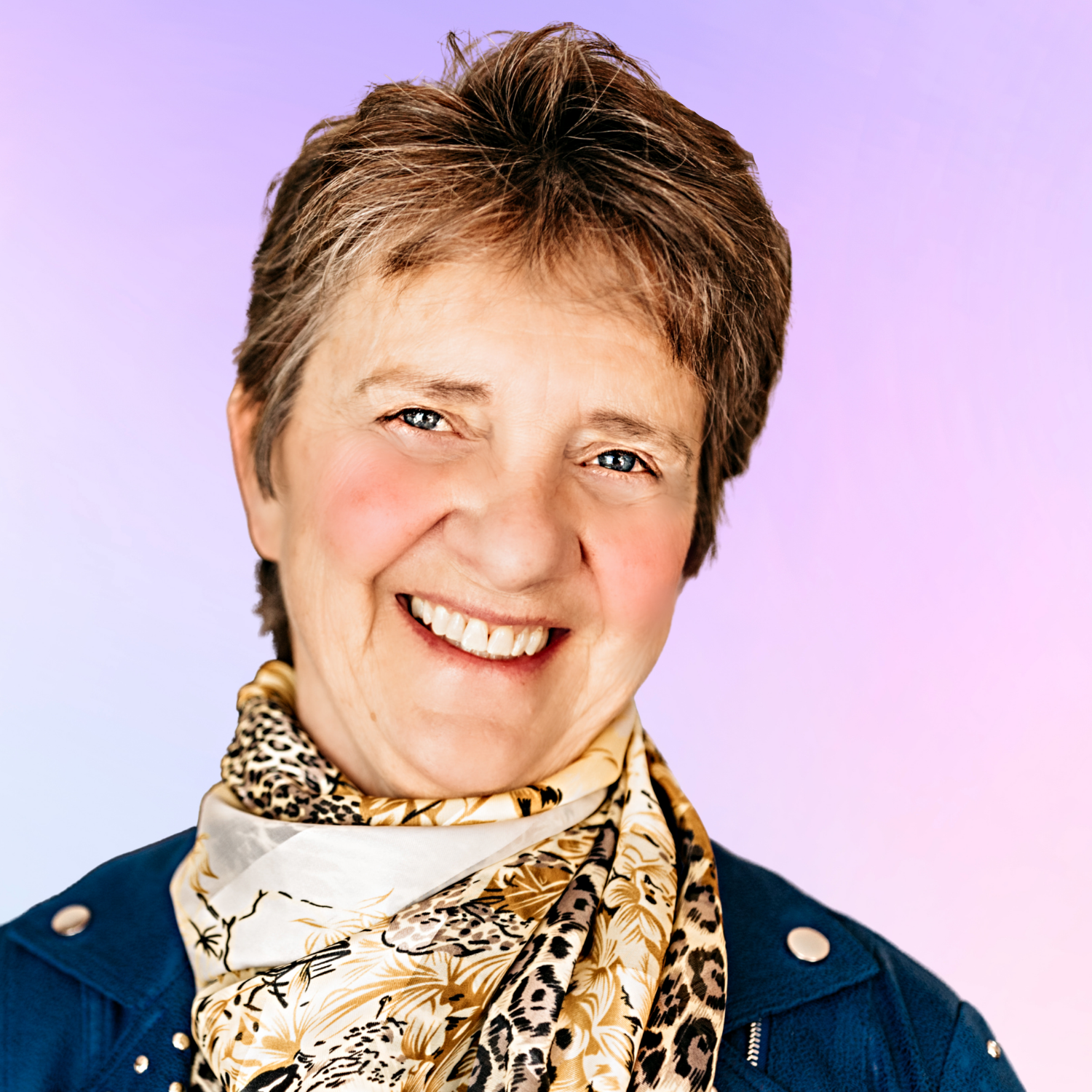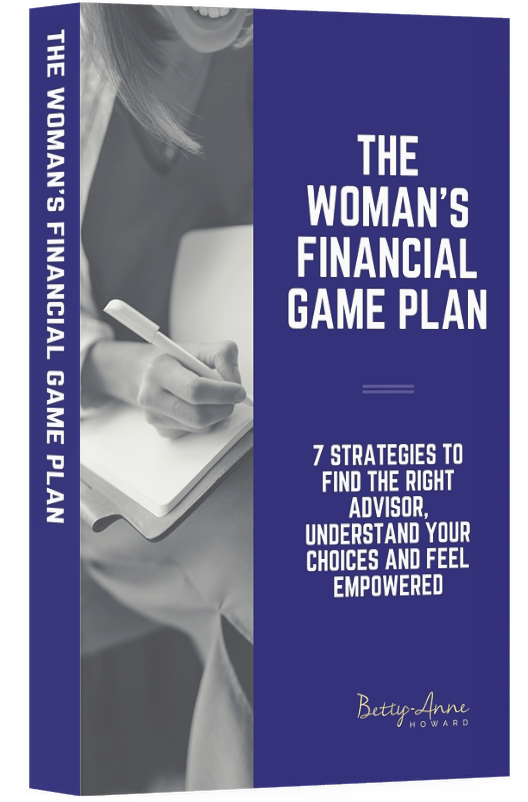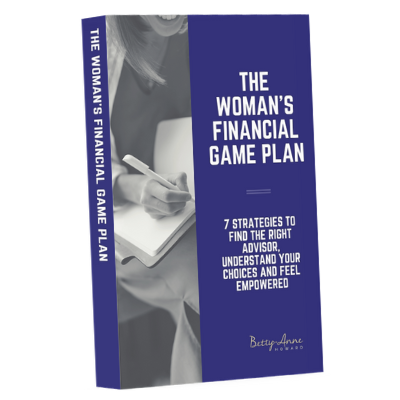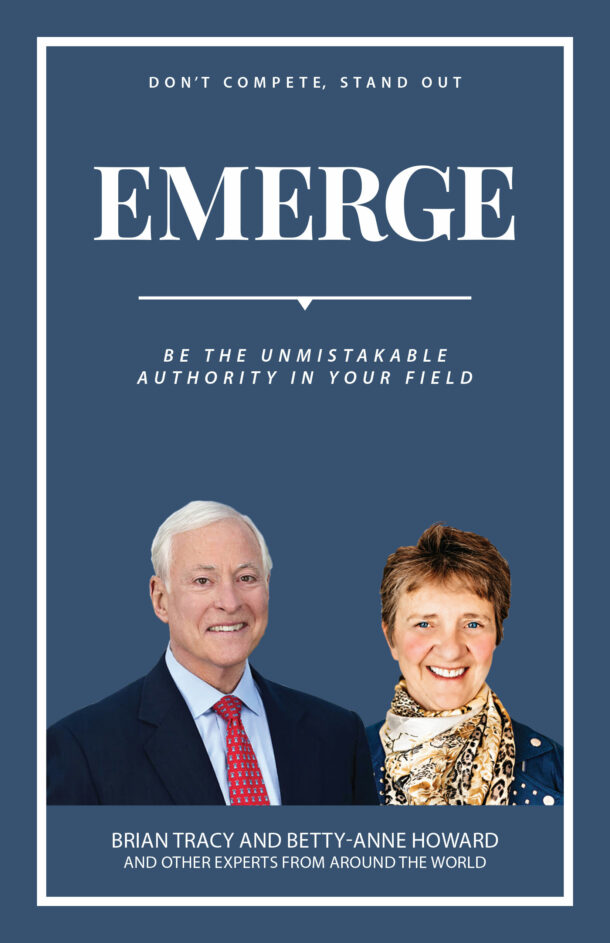
Many people find it hard to talk about their finances. In fact, a survey by Wells Fargo found that 44 percent of people see personal finance as the most challenging topic to discuss with others, more than subjects like death, politics and religion.
May is officially Leave a Legacy Month. While your plan for your money or legacy when you pass away is not the easiest subject to talk about, it is a vital aspect of your estate planning.
When thinking about who you want to benefit from your money when you are no longer here, there are several questions to ask yourself:
- How much do you want to leave for your beneficiaries? The amount you have in mind can be seriously affected by the taxes that will be owed in your final tax year.
- What are your thoughts around making a charitable donation in your will?
- Will your decisions cause disagreements among beneficiaries?
There are many alternatives to consider when allocating your estate, and the decisions you make can have significant tax implications. It’s important to sit down with a financial planner and create a plan—a Giving Plan—that details exactly what you want to do with your money once you pass away.
Your plan should answer the following questions: Why do you want to give? What do you want to give? How do you want to give?
Most of us are able to give, and most of us want to give. But many of us don’t. Why is this?
Because we don’t have goals or a plan to give. When you set goals and make plans, you’re much more likely to see them through.
You are 42 percent more likely to achieve your goals if you formalize them by writing them down or integrating them into a plan. This not only forces you to clarify what it is that you want to accomplish, but motivates you to complete the tasks that are part of the plan.
Why do you want to give?
When you go grocery shopping, you usually have a shopping list or an idea of what you need. If not, why are you going to the store?
The same applies when it comes to making a charitable donation. There’s usually a reason—or a why—behind the decision, just like most of our actions are driven by a ‘why’.
You might be driven to give purely for tax benefits. You might derive happiness from giving. You might feel like you owe a debt of gratitude for past services. There’s no wrong reason, and whatever your reasons, charitable giving will ultimately benefit many individuals and families.
You can find your ‘why’ by asking yourself some important questions that will identify your passions, values and priorities.
Are there any issues in your community that concern you? Is there an organization that has helped you or your family in the past? Have you been impacted by an illness that you wish there was more research into? Do you worry about anything that might impact your grandchildren? How do you wish to be remembered?
What do you want to give?
Once you’ve identified your ‘why’, the next step is to decide what you should give, be it cash or other assets.
A charitable donation can be a Registered Retirement Savings Plan (RRSP) or Retirement Income Fund (RRIF), gifts-in-kind such as stocks, bonds or real estate, a life insurance policy, works of art or artifacts, and more.
How do you want to give?
The final step is determining how you gift your assets. While you can make charitable donations in your will, charitable giving does not have to be isolated to something you do upon your death.
Creating a plan now, while you are alive, will ensure the maximum benefit is received from your gift. For tax purposes, there is a limit to what you can claim credit for: currently it is 75 percent of the net income reported on your federal tax return.
If you are donating art or artifacts, the limit increases to 100 percent of your net income. If you plan on making a significant donation upon your death, over and above your reported income for that year, you aren’t maximizing your tax credits.
It’s important to discuss this with a financial advisor, to ensure you are choosing the most beneficial solution to your circumstances.
Share your plans with family members. Not only will this reduce potential family problems, but joint financial decisions can make you more risk-averse and less prone to errors.
Everyone’s situation is different and ensuring you maximize your charitable donations can be complex.
You should always seek the help of a financial planner when you are making decisions regarding your will.
Did you enjoy this article? Here are three more you might also enjoy:
Have you thought about what you want your legacy to be?
Who do you want to benefit from your money when you are no longer here?
Estate planning: does your current will fulfill your wishes?






0 Comments